The world’s population is growing and climates are changing making water technologies even more important to increase conservation and provide access to clean, fresh water.
The world’s population is growing and climates are changing making water technologies even more important to increase conservation and provide access to clean, fresh water. These technologies vary depending on the country or city and their type of management needs like desalination, conservation or recycling.
The world’s leading water management techniques and the countries/cities that are breaking the mold in the future of water conservation:
Saudi Arabia: Due to its desert location, Saudi Arabia has been a true innovator for desalination techniques. Today, they make the highest production of desalinated water (water that has been filtered to remove salt) worldwide. To make their conservation even better, they have started to convert all of their desalination plants to be powered with solar energy and plan to have all plants solar powered by 2019.
Boston: Scoring at the top of the American Council for an Energy-Efficient Economy (ACEEE) City Energy Efficiency Scorecard for 2014 and 2015, Boston is leading the way U.S. cities focus on water conservation and energy efficiency. This city requires all large buildings to report their water use and comply with an assessment every five years to ensure that the water is being utilized properly. They also require buildings to adhere to an Energy Star certification and reduce electricity use which requires water.
Bangalore, India: This city is surrounded by nearly 450 freshwater lakes and home to 10 million people. In 2010, their lakes were at risk of being bought by private owners which would make them unavailable for conservation and cut off from the aquifers that provides water for the city. Officials in their Environment Support Group took charge and presented the case to the city’s court, who made it illegal for the lakes to be privatized. In addition, a government agency was established to protect and save Bangalore’s lakes, making them sustainable and available to the urban communities and farms surrounding the city. In 2012, the UN awarded Bangalore with the Best Water Practices certification to acknowledge their water conservation achievement.
Northern China: Due to the large scale agriculture that goes on in northern China, the country took initiatives to conserve water and increase water efficiency. In 2008, the country financed the $74 million North China Plain Water Conservation Project which would improve the agricultural practices that take place on the 250,000+ farms on the North China Plain. The main improvements of the project include more efficient drainage and irrigation sprinklers and wells, farming practices like soil and environmental monitoring, ground leveling support and institutionalized water and soil conservation practices. Since the initiative started productivity has increased 60-80% and groundwater depletion has been reduced or in some places eliminated.
Israel: This country has always been a leader in water conservation because of its location and desert climate but recently they have taken their efforts above and beyond. Israel recycles 85% of its wastewater and within the next three years, 50 percent of its farming needs will be using recycled water. They have 300+ desalination plants which provide water for the country and export over $2 billion worth of filtered salt water to other countries in need.
Cape Town, South Africa: Even though the city’s population has increased over the last 15 years, they have managed to reduce their overall water consumption. This city implements two strategies to achieve this, employing technologies to utilize their water resource most efficiently and convincing their citizens to consume less water. Some technologies in place include, leak detection piping, adjusted water pressure, replacement of faulty water meters and improve parks irrigation practices. The city also implements a water training program in their schools, educating their young citizens on the importance of future water conservation.
San Francisco: This U.S. city also ranks high on the ACEEE City Energy Efficiency scorecard and implements water conservation practices on its property owners. These ordinances include utilizing low-flow shower heads, water saving faucets/toilets and installation of insulation on water heaters and in attics to reduce heating and cooling costs. The San Francisco Energy Watch is a program that rewards property owners monetarily for investing in energy saving appliances. Like Boston, San Francisco has energy codes and enforcement of these codes on large buildings to reduce energy and water use.
United Kingdom: The UK is a world leader in water metering technology which enhances the way that their residents can adjust their water usage using online databases. These smart meters give citizens an inside look on what their water is being used for and how much is utilized. This allows households to understand where their water consumption is used the most and alerts if there are any substantial increases which could signal a leak or other problem. The UK also provides incentives for home owners to install water saving technologies and smart water appliances to promote overall water conservation.
South Korea: The South Korean government started a project in 2004 called Songdo, which is built on an artificial island and constructed to provide “green space” like rooftop vegetation. They also have installed rainwater collection systems which will capture water to be recycled and used for household appliances, irrigation on parks and for industrial buildings, reducing the demand for freshwater. These systems not only capture the rainwater but store it in containers to reduce the commercial use of precious freshwater.
Seattle: Along with the two other U.S. cities on this list, Seattle implements very strict building codes that require energy conservation policies to be enforced on new building plans. The enforcement is double checked by the city’s council members and tested by a private third-party company. In 2005, the city was the first in the U.S. to become “carbon neutral” with their construction of hydroelectric dams in the northwest region. The mayor also endorsed a zero funding policy into fossil fuel companies, paving the way for newer, eco-friendlier energy companies to provide services to the city.





